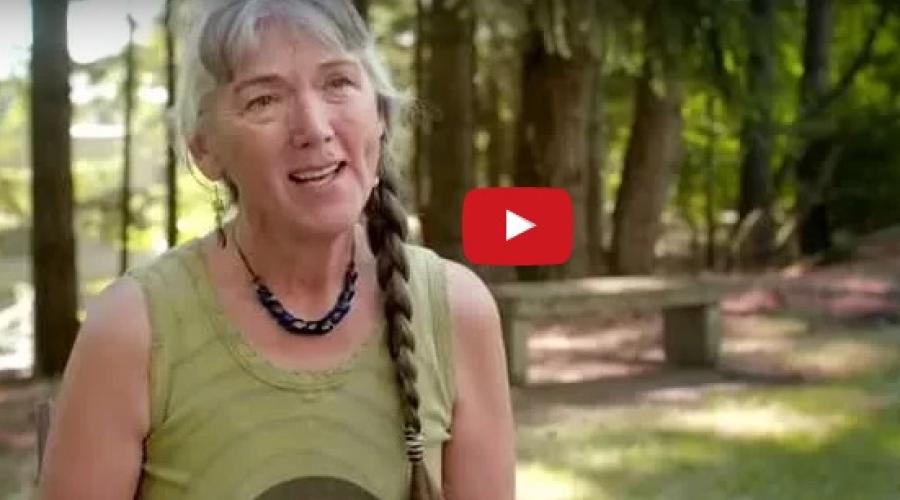
Indigenous law exists independently of recognition from the state. It is embodied in, among other sources, the stories and language of each Indigenous nation.
The Canadian Constitution recognizes existing Aboriginal and treaty rights, including title and governance rights of Indigenous peoples. In 2014, the Supreme Court of Canada decision in Tsilhqot’in Nation v British Columbia marked a watershed moment in a long journey of Indigenous peoples to achieve recognition in the courts of their inherent title and authority in their territory. This and other judicial decisions have opened up new political and legal space for revitalization and application of Indigenous law in Canada today.
As this work continues, West Coast strives to connect people with resources that help them to understand that Indigenous law is law, and to illustrate its potential to catalyze transformative shifts in environmental governance in Canada that will benefit all Canadians.
See below for some helpful resources on Indigenous law from West Coast and our allies:
- Indigenous Legal Traditions and the Future of Environmental Governance in Canada
(West Coast Environmental Law, 2016) - Videos from the Indigenous Law Research Unit at UVic Faculty of Law